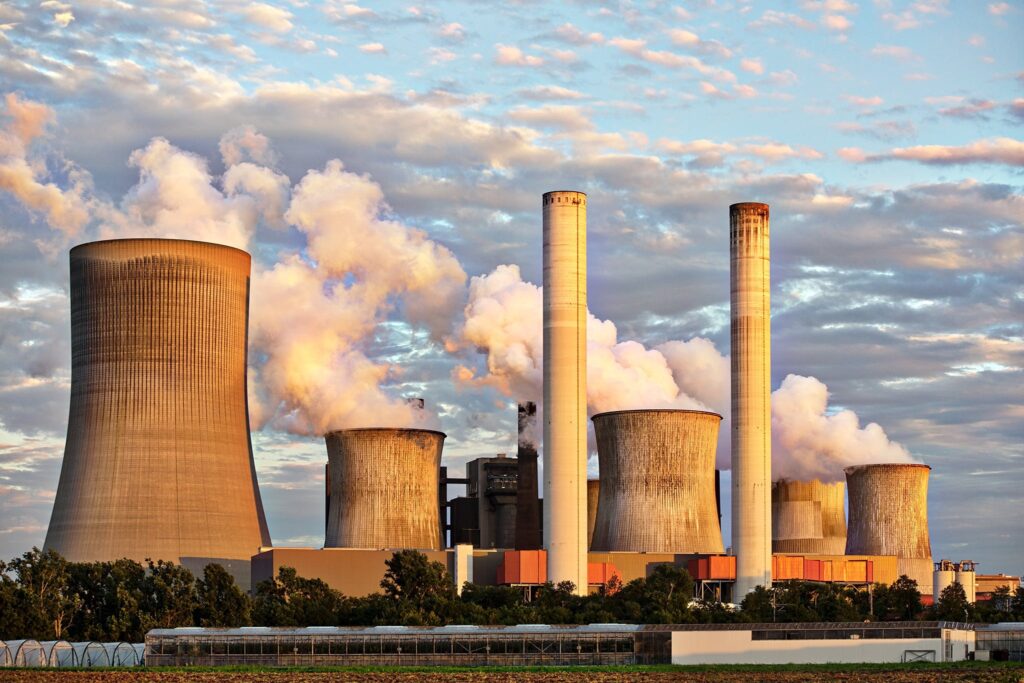
The world is currently facing an unprecedented energy crisis that poses significant challenges for global economies, societies, and the environment. The great energy crisis encompasses a range of interconnected issues, including depleting fossil fuel reserves, climate change, and the need for sustainable and renewable energy sources. In this journal, we will explore the causes and consequences of the energy crisis, as well as potential solutions to mitigate its effects and transition towards a more sustainable energy future.
Causes of the Energy Crisis
- Depleting Fossil Fuel Reserves: The reliance on finite fossil fuel reserves, such as coal, oil, and natural gas, has been a major driver of the energy crisis. As these reserves become increasingly scarce and difficult to extract, energy prices rise, leading to economic instability and energy insecurity.
- Climate Change and Environmental Concerns: The burning of fossil fuels releases greenhouse gases, contributing to climate change and environmental degradation. The energy crisis is exacerbated by the urgent need to reduce carbon emissions and transition to cleaner, more sustainable energy sources.
- Growing Energy Demand: Rapid population growth, urbanization, and industrialization have led to a surge in energy demand worldwide. As developing countries strive for economic growth, they require more energy resources, putting additional strain on already limited fossil fuel supplies.
- Inefficient Energy Systems: Inefficient energy production, distribution, and consumption systems also contribute to the energy crisis. Wasteful practices, outdated infrastructure, and inadequate energy policies result in energy losses and inefficiencies, exacerbating the demand for additional energy resources.
Consequences of the Energy Crisis
- Economic Instability: Rising energy costs and energy insecurity can lead to economic instability, as businesses face increased operational costs and households struggle to afford basic energy needs. The energy crisis can result in inflation, reduced economic growth, and financial hardships for individuals and communities.
- Environmental Degradation: Fossil fuel extraction and combustion contribute to air and water pollution, deforestation, and habitat destruction. The energy crisis exacerbates these environmental issues, leading to irreversible damage to ecosystems, loss of biodiversity, and adverse health effects for human populations.
- Geopolitical Tensions: Access to energy resources has often been a source of geopolitical tensions and conflicts. Competition for limited fossil fuel reserves can lead to political disputes, territorial conflicts, and resource wars, destabilizing regions and threatening global security.
- Climate Change and Natural Disasters: The energy crisis, combined with the continued reliance on fossil fuels, contributes to climate change and the increased frequency and intensity of natural disasters. Rising temperatures, extreme weather events, and sea-level rise pose significant threats to human lives, infrastructure, and ecosystems.
Solutions to the Energy Crisis
- Transition to Renewable Energy: Investing in renewable energy sources, such as solar, wind, hydropower, and geothermal, is crucial to mitigating the energy crisis. Governments, businesses, and individuals must prioritize the development and implementation of clean energy technologies and infrastructure.
- Energy Efficiency and Conservation: Improving energy efficiency in all sectors, from buildings to transportation, can significantly reduce energy demand and alleviate pressure on limited resources. Emphasizing energy conservation practices, such as energy-efficient appliances, insulation, and public transportation, can also contribute to a sustainable energy future.
- Policy and Regulation: Governments must enact supportive policies and regulations to incentivize the transition to renewable energy and discourage the use of fossil fuels. This includes implementing carbon pricing mechanisms, renewable energy standards, and subsidies for clean energy technologies.
- Research and Development: Continued investment in research and development is necessary to advance renewable energy technologies, improve energy storage solutions, and enhance overall energy efficiency. Collaboration between governments, academia, and the private sector is vital to drive innovation and accelerate the transition to a sustainable energy system.
Conclusion
The great energy crisis poses significant challenges to our planet, economies, and societies. It is crucial that we recognize the causes and consequences of the crisis and take immediate action to address them. Transitioning to renewable energy, improving energy efficiency, enacting supportive policies, and investing in research and development are key steps towards a sustainable energy future. By embracing these solutions, we can mitigate the effects of the energy crisis, reduce our dependence on finite fossil fuel reserves, and create a more resilient and environmentally conscious world for future generations.